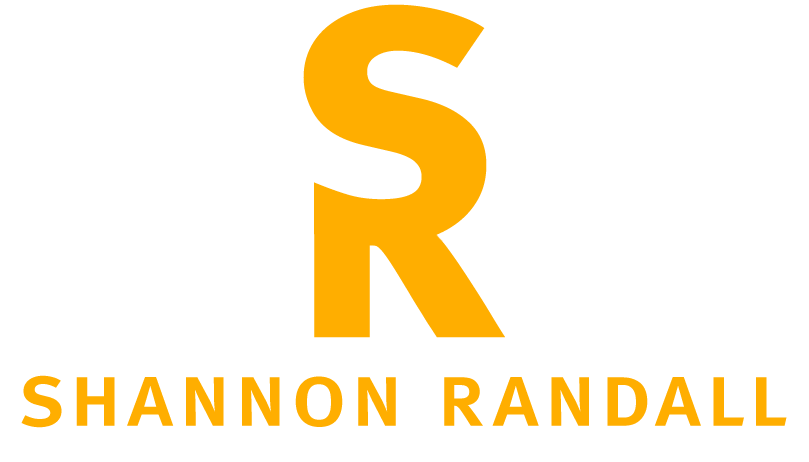Feeling down? Social media may be to blame
Written by Shannon Randall // Originally published on Kaiser Permanente Partners in Health // Photo by Sam Manns on Unsplash
—
Social media platforms like Instagram and Facebook have completely changed the way we connect and communicate in today’s modern world. We can interact with likes, comments, tweets, and retweets in an instant. But it’s not just how we use these tools — it’s how they make us feel.
Terms like “FOMO” (fear of missing out) and “phubbing” (snubbing a person in favor of your phone) are clear examples that social media can negatively affect how we feel.
Social media effects on mental health
In 2018, University of Pennsylvania conducted a study to compare a control group of students who kept up their typical social-media behavior to an experimental group of students that limited time on Facebook, Snapchat, and Instagram to 10 minutes per platform per day.1 Lead author and psychologist Melissa G. Hunt and her team then looked at the effects including fear of missing out, anxiety, depression, and loneliness.
According to Hunt, “Using less social media than you normally would leads to significant decreases in both depression and loneliness.” She explains that when you look at other people’s lives on social platforms, there’s an enormous amount of social comparison that happens which can lead to decreased emotional well-being. “Our findings strongly suggest that limiting social media use to approximately 30 minutes per day may lead to significant improvement in well-being.”1,2
In a separate national survey published by the American Psychological Association, the study finds social media use linked to a rise in mental health disorders. The biggest impact is on teens and young adults born after 1995, also known as the iGen.3 And according to Janice M. Schneider, PsyD, Psychologist and Clinical Training Director at Kaiser Permanente, another study found that young adults who were on at least 7 different social media platforms were more likely to report high levels of depression and/or anxiety.4
So, how do we establish healthier relationships with social media and our digital devices?
Tips for healthier habits
For most, it’s unrealistic to completely unplug. But there are ways to limit our constant digital consumption. Here are 4 tips to help you self-monitor your relationship with social media and create healthier habits:
1. Turn off notifications
Social media apps send real-time push notifications to your home screen to alert you of every comment, like, or update. By disabling the notifications, you won’t get pinged constantly throughout the day and you can instead check your apps on your own terms.
2. Take inventory
When spending time on apps and social media, think about how they make you feel. Do you feel depressed after scrolling through Instagram? Or overwhelmed by your Twitter feed? Make a list or just look at all of the apps you use, and only keep the ones that make you happy. Delete the ones that constantly make you feel bad. You may miss the apps you delete in the short term but notice an increased sense of well-being after disconnecting for a while.
3. Limit time
Try using phone features or apps that monitor your screen time. Seeing the statistics on how many hours you spend on social media or how many times a day you pick up your phone could help motivate you to change your habits. “It’s not just about how much time you spend on social media, but how often we’re checking,” says Dr. Schneider. If you’re picking your phone up every 20 minutes to check a certain feed, ask yourself why you need to check. Or set clear limits. For example, only check Instagram twice a day. “Also consider limiting the number of sites you visit on a daily basis,” says Dr. Schneider.
4. Tuck it away
It may seem simple, but where you stow your phone may affect how much you’re looking at it. Digital detox experts recommend unplugging by simply storing your phone outside your bedroom or establishing household rules such as “no phones at the dinner table.” Dr. Schneider recommends you stop using electronic devices at least 2 hours before bed.
With your phone out of reach, you can take time in your day to experience what’s around you. Mindfulness is something you can practice in everyday moments to calm your mind and body. It’s a healthy alternative to the addictive behavior of mindlessly scrolling through social media.
“Be an informed consumer of social media. Keep in mind that these platforms may be using your data to help keep you engaged on their platform,” advises Dr. Schneider. Being aware of how much we use these platforms and how they make us feel is the first step to healthier social media habits.
1University of Pennsylvania, “Social media use increases depression and loneliness, study finds,” ScienceDaily, November 8, 2018.
2Melissa G. Hunt, et al., “No More FOMO: Limiting Social Media Decreases Loneliness and Depression,” Journal of Social and Clinical Psychology, 2018.
3Jean M. Twenge, et al., “Age, Period, and Cohort Trends in Mood Disorder Indicators and Suicide-Related Outcomes in a Nationally Representative Dataset, 2005-2017,” Journal of Abnormal Psychology, 2019.
4Brian A. Primack et al., “Use of multiple social media platforms and symptoms of depression and anxiety: A nationally-representative study among U.S. young adults,” Computers in Human Behavior, April 2017.

